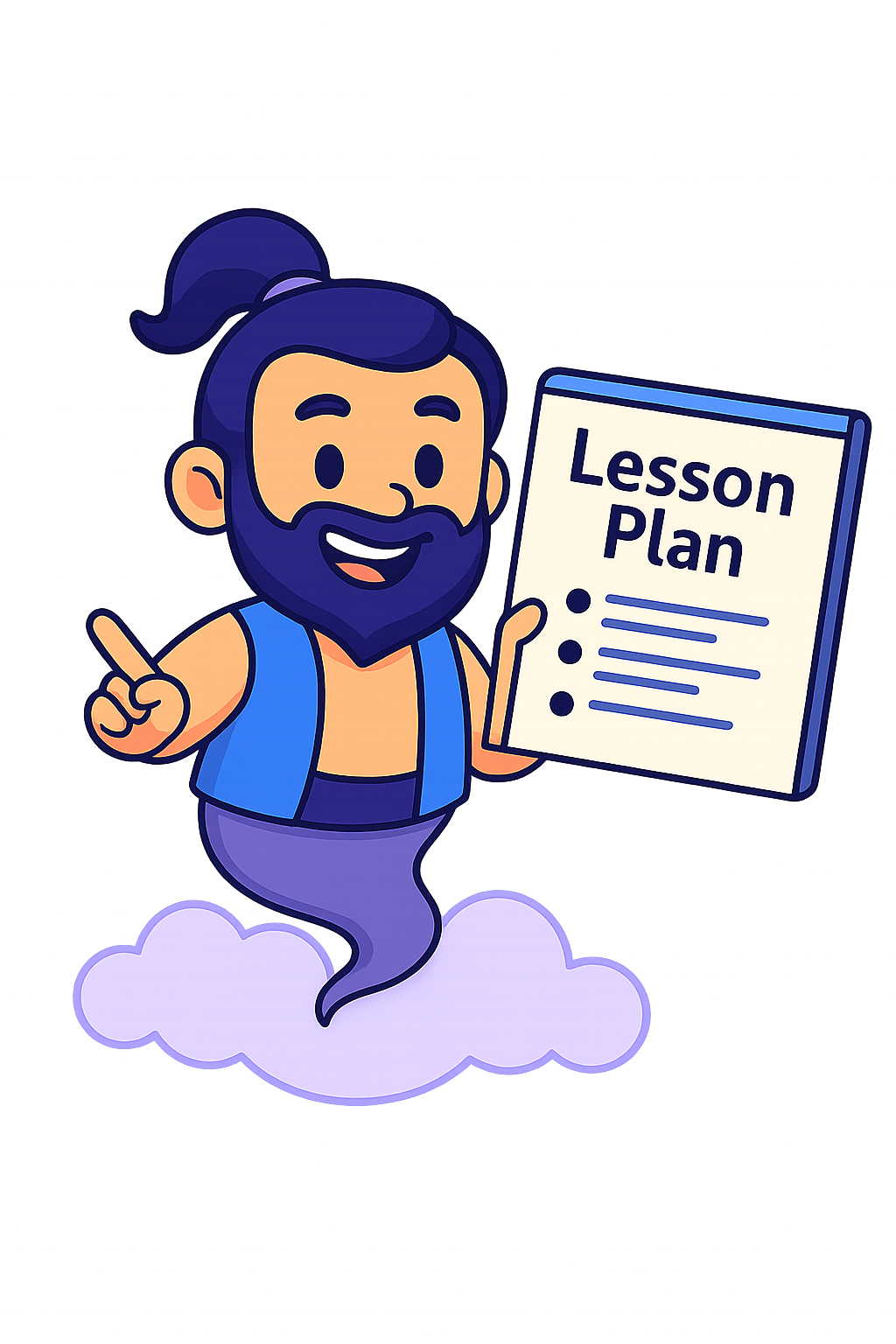 Using Precise Language to Enhance Writing
Using Precise Language to Enhance Writing
Objective: Students will learn to choose precise words and phrases to express ideas clearly and effectively in their writing.
Learning Objectives
- Identify vague words in sentences and understand why they are unclear.
- Replace vague words with more precise and descriptive words or phrases.
- Write sentences using precise language to communicate ideas clearly.
Materials Needed
- Notebook or writing paper
- Pencil or pen
- List of common vague words (e.g., good, bad, nice)
- Examples of sentences with vague and precise language
Key Vocabulary
- Precise Language
- Words that clearly and accurately describe an idea or thing.
- Vague Language
- Words that are unclear or general and do not give specific details.
- Phrase
- A small group of words that work together but do not form a full sentence.
Detailed Activities
Identifying Vague vs. Precise Language
- Read aloud sentences that use vague words such as ‘good’ or ‘bad’.
- Discuss why these words make the sentence less clear.
- Show improved sentences with precise words that give more detail.
- Ask the student to find vague words in a short paragraph and suggest better words.
Practicing Precise Language in Writing
- Provide the student with sentences containing vague words.
- Have the student rewrite the sentences using more precise and descriptive language.
- Encourage the student to write a short paragraph about their favorite animal using precise words.
- Review the paragraph together and discuss the use of precise language.
Parent & Instructor Notes
- Encourage your child to think about how different words can change the meaning of a sentence.
- Praise efforts to use new and descriptive words even if they are not perfect at first.
- You can help by discussing words you see in books or everyday situations that are very clear or very vague.
Assessment Questions
- What is one vague word you found in the sentence, and how did you change it?
- Why is it important to use precise language when writing?
- Can you write a sentence describing your favorite food using precise words?
Extension Ideas
- Create a ‘Precise Words’ word bank together with synonyms for common vague words.
- Read a short story and highlight all the precise words the author uses to describe things.
- Have your child write a descriptive paragraph about a place you visit, focusing on precise language.
Frequently Asked Questions
Encourage them to use a thesaurus or talk through the idea with you. Modeling precise language during conversations can also help.
Ask guiding questions like ‘Can you think of a better word?’ or ‘What exactly do you mean here?’ to prompt their thinking.
Teacher’s Guide
Common Misconceptions:
- Students may think longer or more complex words are always better.
- They might confuse precise language with using complicated language that is hard to understand.
- Some students may struggle to identify vague words because they are commonly used.
Scaffolding Ideas:
For Struggling Students:
- Provide a list of suggested precise words to replace vague ones.
- Work together on sentences before asking them to try independently.
- Use pictures to help them think of descriptive words.
For Advanced Students:
- Challenge them to use precise language in writing a short story or poem.
- Encourage use of domain-specific vocabulary related to their interests.
- Have them explain why certain precise words are better choices.
Pacing Recommendations:
- Spend about 15 minutes on identifying vague and precise language.
- Use the next 20 minutes for guided practice and independent writing.
- Reserve 10 minutes for review and discussion of the writing.
Standards
- 6.W.1d — undefined
Printable Worksheet
Plan Your Own Lesson
Looking for a custom lesson plan? Try our Lesson Planning Generator — create standards-based plans for any topic, instantly!
Common Core Aligned Lesson Plans
Looking for another common core lesson? See all of the lesson plans here.
More Free Lesson Plans
We’re adding more every week! Check back soon or explore all our lesson plans here.

 Using Precise Language to Enhance Writing
Using Precise Language to Enhance Writing
Leave a Reply